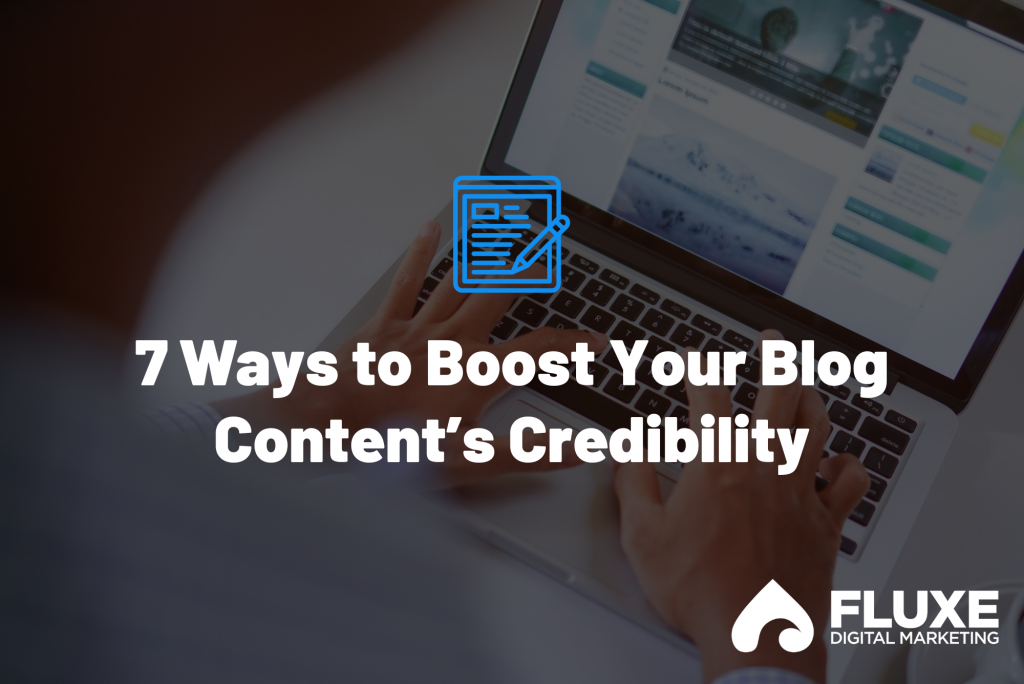
How do you really know if content marketing is a smart strategy for your business?
Do you wait for someone to try and sell it to you?
Do you jump online and do some research?
Or are you so overwhelmed with everything else, you just ignore it and hope you won’t regret it?
Figuring out the solution to anything is easier when you know the right questions to ask.
That’s the goal of this post, to make sure you know which questions you should be asking. These are the 5 biggest questions I ask ANYONE who’s considering content marketing.
What’s the Goal of My Website?
There are two types of business websites: brochure sites and direct response sites.
90% of company websites are brochure websites, site that tells visitors about the business and services. The goal is simply to have something online to represent the company. I often hear people refer to their brochure websites as a branding or collateral move. There’s no real call to action, no sense of urgency, just, “This is who we are and what we sell. Take it or leave it.”
Direct response websites are built to convert. They have a clear path to guide visitors from the point where they land on the site to a conversion. Entering your email address to subscribe to a newsletter, calling a phone number to learn more or purchasing a product/service all count as conversions. No matter what the conversion is, a good direct response website, like a good salesman, always leaves you with the next action to take and gives you a sense of urgency to take it.
Direct response websites love content marketing because it’s content that adds value and educates the visitor at every step in the sales cycle. The goal of that content is to pre-qualify visitors and help them ask questions they may not know how to ask.
What kind of website do you have? If you built your website based on how it looks, you probably have a brochure website. If you actively measure conversions and continually optimize your website to improve conversions, I don’t have to tell you that you have a direct response website.
Who Will Champion Our Content Marketing?
This is one of the most important and underrated questions. In order for any initiative to be effective, someone needs to be responsible for it.
Building and managing a blog in addition to running content marketing campaigns is no small task. Even though it’s tempting to pass the content marketing responsibility onto the intern, remember that person will be the face of your brand online. Your business may close for the day but your brand is always on, 24/7. It’s not something you should take lightly.
One person needs to be responsible for creating content, managing the blog, and tracking the metrics to ensure all the pieces are working together in harmony.
It’s very tempting for businesses to tack the position onto someone else’s existing position until they find the right person. What almost always happens though, is they they lose momentum trying to find somebody. And the project dies.
Before you start, appoint a content marketing champion that not only enjoys the challenges it presents but has the background and strengths for that position.
How Does Content Marketing Fit Into My Sales Process?
A few years back, I was talking with a smart business owner in consulting about incorporating content marketing into her business. She insisted there was no place for content marketing in her company and starting a blog would be a complete waste of time.
I had one question for her: “Do prospects come to you ready to purchase your services and sign the contract at the first meeting?” ”Of course they don’t,” she answered. “I take the time to get to know them and their needs. Then, I discuss the different services that I offer and which might be the best fit for them.”
Even if a prospect found her on her website, they went through the same educational process in person that could take hours for this busy consultant. When I suggested that she start the educational process on her website and use it to prequalify her clients and save hours of time, she wanted to know more. Maybe it wasn’t such a waste after all!
She has gone on to publish several books and continues to blog and successfully attract qualified leads with her content. Even if you know content marketing can fit into your sales process, you need to take the time to figure out how. There are different stages of every sales process, and each stage requires a unique type of content.
What are My Marketing Outcomes?
What marketing outcomes do you really want for your business?
Do you want to build your brand, grow your email list, attract better quality prospects?
The approach that you take will vary depending on the outcome that you want. For example, if you want to build your brand, you’re missing opportunities if you only focus on creating content on your website. Instead, look at other sites and publications for ways you can add value with opportunities like guest blog posts.
If you want to build your email list, you need to focus on creating a free “content carrot”, something you can give in exchange for an email address. Your marketing objective is to figure out how well your content is doing at building your email list and how well it’s converting.
And, if you wanted to attract higher-quality prospects, you may want to focus your blog on educational posts and series that guide prospects in the beginning stages of your sales cycle to help them evaluate your solution compared to your competitors.
Be sure you know exactly what success looks like for each strategy you have in your content marketing quiver.
What are the Best Types of Content for My Audience?
Still with me? We’re almost finished : ) If you can grasp this, it’s the difference between massive growth and dismal results.
Right now, video is one of the hottest trends and it’s an excellent medium for many industries. But if you’re in an industry where your customers need dense, well-organized information and they need it quickly, trying to watch a 50 minute video and skip to the parts they need is going to be a pain. Especially compared to downloading a white paper or scrolling through a blog series. And believe me, no industry is too boring to create content for.
So how do you decide the best type of content for your audience? Don’t worry, it just requires good listening skills and a bit of patience. I’ll cover this exact topic in another post on Thursday. In the mean time, read the post below for what you need to learn from your audience before creating the right content.
4 Hard-Hitting Insights You Can Learn From Your Target Audience.
If you have any questions of your own, don’t hesitate to ask me in the comments.


